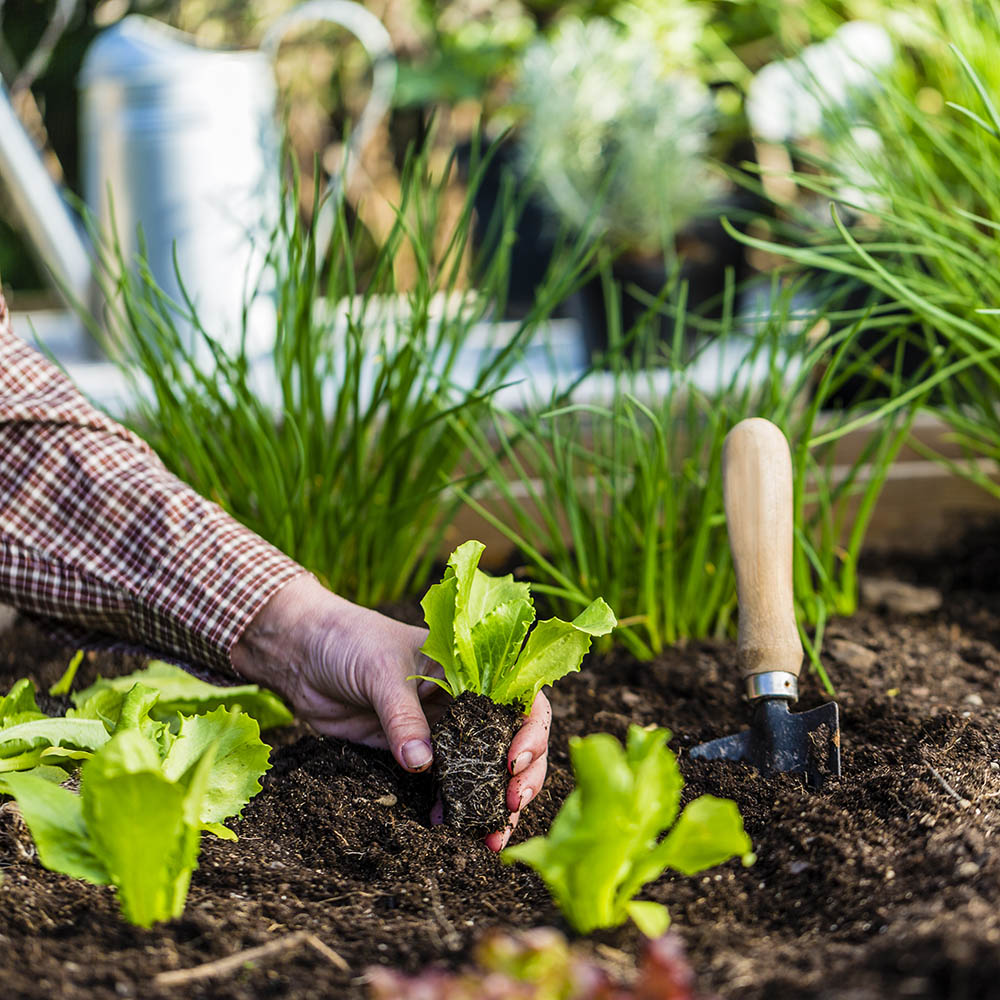From Amateur to Conservationist: Browsing the Globe of Newbie Gardening
Wiki Article
From Beginner to Environment-friendly Thumb: A Step-by-Step Journey With the Art of Horticulture

Recognizing Your Gardening Space
To start your gardening journey, it is vital to recognize the distinct features and limitations of your horticulture area. Take a minute to observe your environments. Is your space huge or little? Is it exposed to complete sun or does it get partial shade? Exist any details difficulties you may face, such as bad dirt high quality or limited water accessibility? Understanding these aspects will help you make informed choices concerning the kinds of plants that will certainly flourish in your room.Take into consideration the size of your gardening area. You might need to concentrate on container gardening or vertical horticulture to optimize your growing area if you have a little area. On the other hand, if you have a huge space, you have the high-end of planting a selection of plants and developing various zones within your yard.
Next, evaluate the quantity of sunshine your space obtains. This will establish which plants will thrive and which ones might struggle. You can decide for shade-loving plants like brushes or hostas if your area is shaded. If your space gets full sunlight, you can grow a large variety of plants, consisting of natural herbs, veggies, and flowers.
Last but not least, take into consideration any type of constraints or obstacles details to your area. If your soil quality is bad, you may need to modify it with compost or pick plants that are tolerant of less-than-ideal conditions. You can choose for drought-tolerant plants or execute water-saving techniques like mulching. if water is scarce.
Selecting the Right Plant Kingdoms for Your Yard
Select plants that are well-suited to your garden's special problems and your individual preferences. When choosing plants for your yard, it is essential to think about aspects such as sunlight, soil type, and environment. Have a look at the quantity of sunlight your garden obtains throughout the day. Some plants prosper in complete sun, while others prefer partial or perhaps complete color. Think about the soil kind in your garden. Some plants favor well-drained soil, while others prosper in moist or clay-like dirt. Additionally, take into consideration the environment in your area. Some plants are better matched for hot and dry climates, while others can stand up to cooler temperatures.An additional important aspect to think about is your individual choice. Do you favor a yard full of colorful flowers, or are you much more thinking about expanding veggies and natural herbs? Consider the purpose you want your garden to serve and the aesthetic you intend to achieve. It's also worth thinking about the maintenance level of the plants you select. Some plants need more care and attention, while others are more low-maintenance.
Preparing the Dirt for Planting
Most plants like a slightly acidic to neutral pH, around 6.0 to 7.0. Inadequately drained soil can lead to water logged origins and various other plant health problems. By analyzing and making necessary changes to your dirt, you can develop an optimal environment for hop over to these guys your plants to flourish.Nurturing and Preserving Your Yard
As soon as you have prepared the soil, it's time to get your hands filthy and start supporting and keeping your yard. The trick to a successful garden is consistent care and interest. Watering is critical, specifically throughout dry spells. Make certain to water your plants deeply, allowing the water to penetrate the soil and reach the roots. Routine weeding is likewise crucial to maintain your garden without undesirable plants that complete for nutrients and room. Draw out any type of weeds, making sure to eliminate their origins to stop them from returning. Furthermore, it's crucial to supply appropriate nourishment for your plants. Consider using natural plant foods or garden compost to enhance the soil and advertise healthy and balanced development. Trimming is one more vital job to keep your garden looking cool and urge much better air flow and sunlight infiltration. Cut off any type of damaged or dead branches to keep the general health and wellness of your plants. Be on the lookout for parasites and conditions. Routinely examine your plants for any kind of indicators of problem or illness and take prompt action to avoid more damage. By complying with these nurturing and maintenance practices, you will certainly make sure a growing and gorgeous yard.Troubleshooting Common Horticulture Issues
If you notice eaten leaves or plants that are shriveling for no obvious factor, you might have a pest problem. If your plants have actually yellow or discolored fallen leaves, they may not be obtaining enough nutrients. Get rid of impacted plants and deal with the staying ones with organic fungicides or chemicals.Final Thought
By recognizing try here your horticulture area, selecting the right plants, preparing the soil, and supporting your yard, you have actually overcome typical horticulture problems like a pro. Currently, equipped with expertise and experience, you are ready to delight in the charm and wealth of your prospering yard.
When choosing plants for your yard, it is essential to consider aspects such as sunlight, dirt type, and environment. Some plants like well-drained soil, while others prosper in damp or clay-like dirt (newbie gardening). By understanding your horticulture space, picking the right plants, preparing the soil, and supporting your garden, you have actually conquered usual gardening concerns like a pro
Report this wiki page